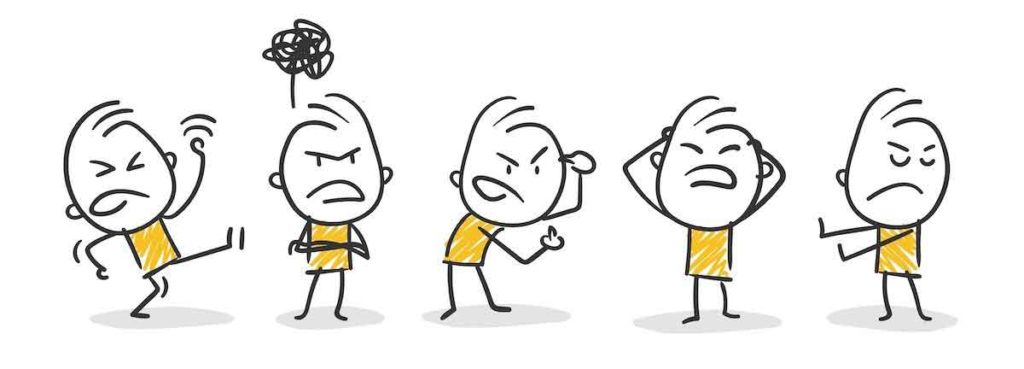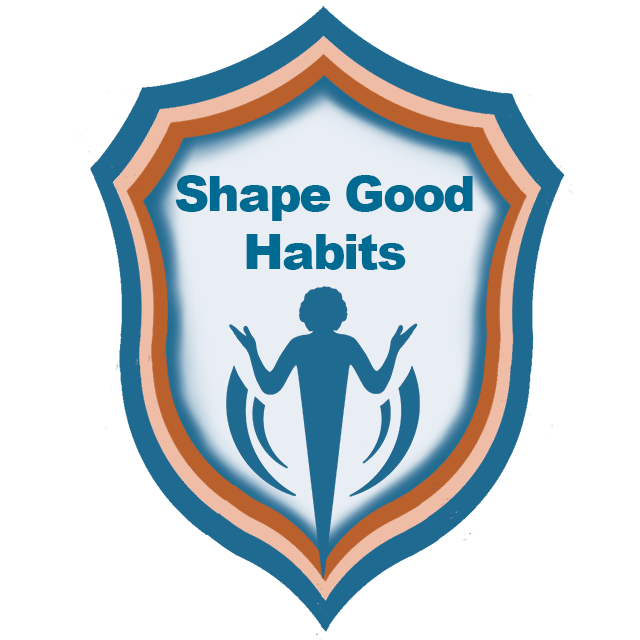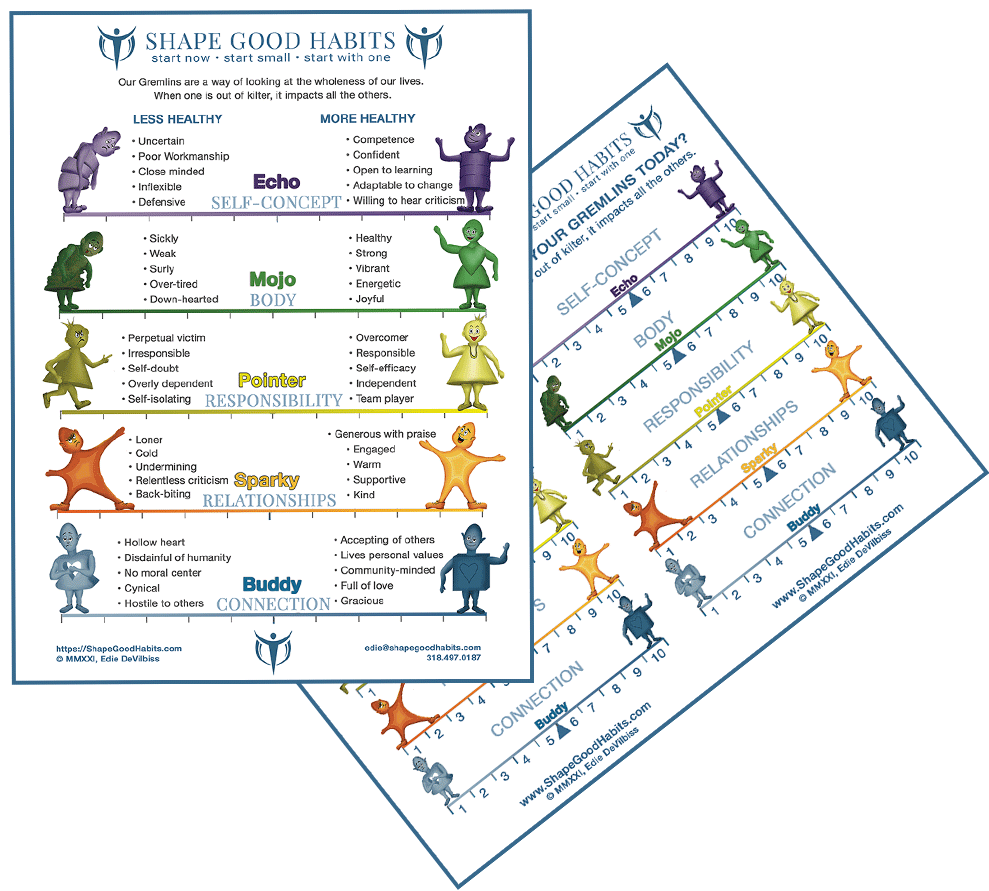In my journey, I did not know that what was dragging down my life was Compassion Fatigue.
I just knew that I was tired all the time, having nightmares, startled easily, and often getting sick.
The worst part was, I couldn’t get along with anyone at work, home, or in public.
People were just so horrible to me; I was angry all the time.
The seething rage seemed to radiate from me, just waiting for someone to throw out a spark to get me lit up.
I thought, if they would just learn to be nice to me, we wouldn’t be having these problems.
Compassion Fatigue, PTSD, Burnout, and excessive stress are all threats to our well-being when we engage in compassionate work. One of the more disheartening factors in these issues is that people rarely recognize their own distress.
Symptoms

One of the symptoms is a “victim” mentality. The one who is sliding downhill blames the people nearby, or their employer, or some external force. The effect is that the person denies any possibility of control over the situation.
Other signs include excessive anger, social isolation, overwhelming guilt and shame, and loss of creativity. In addition, we see addictions, health problems, an inability to care for other people’s feelings, dissociation, hopelessness, minimizing, and hyper-vigilance.
What is it like to be around someone with those symptoms? – – – UNPLEASANT.
Imagine the person you are working with snaps at you. What is your reaction?
“What’s wrong with you?”
“How dare you talk to me that way?”
“Who do you think you are?”
Those were my reactions.
For months I grumped and grumbled through my days. I couldn’t sleep; I didn’t feel good; my kids were driving me nuts; people on the phones were rude; people in general were horrible; and I didn’t much like anyone at all.
It wasn’t until I had an extremely unpleasant experience that I began to self-reflect.
People who were close to me complained about my temper.
The nightmares also helped wake me up metaphorically, in addition to physically.
There was something wrong with me! They were snapping at me because I was being ugly to them.
That’s what it took for me to begin to address the issues.
I wonder . . .
I wonder how long it would have taken me to recognize that I was going downhill if I had been in a work culture that paid attention to everyone’s well-being?
I wonder if making our #1 health hazard in compassionate work be something we guard against would make a difference?
In emergency communications, one study noted that 24% of respondents suffered symptoms of Compassion Fatigue, PTSD, or excessive stress. Pretty close to one in four.
Construction companies are monitored by OSHA to make sure their employees are guarding against their particular hazards. Hard hats, steel toed shoes, and safety harnesses are not comfortable or attractive.
They just save lives.
What are we doing?

What are we doing in our communication centers to save lives for our work force?
What are we doing for our hospital workers, caretakers, veterinarians, and others to help protect them from their #1 health hazard?
We know that self-care habits are the most powerful support for continued well-being.
Are we supporting our people in keeping or developing a system of self-care?
Are we paying attention to the different aspects of their well-being?
Are our people in trouble for the work they do when they are over-stressed and over-tired?
How dare we treat our people this way?




